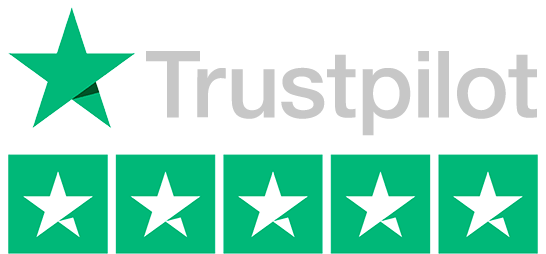If you are a business owner and are considering cash to buy stock, you need to understand Merchant Cash Advance and Traditional Business Loans.
These options differ, and by understanding their pros and cons, you can decide which is best for your business growth and which will save you money.
In this article, we will cover Merchant Cash Advances versus Traditional Business Loans, including their pros, and cons, and which option is better for your business growth.
Let’s get started…
First, we need to define both.
What is Merchant Cash Advance (MCA)?
An MCA provides a lump sum of cash upfront in exchange for a percentage of your future sales. Repayments are deducted from your daily or weekly sales.
What is Traditional Business Loans?
Traditional business loans involve borrowing a fixed amount of money with a set interest rate, which is repaid through regular, scheduled payments over a specified term.
Now we discuss the comparison with table.
Here’s a comparison table for Merchant Cash Advances (MCAs) and Traditional Business Loans, presented with a semantic approach:
| Aspect | Merchant Cash Advance (MCA) | Traditional Business Loan |
| Funding Speed | Quick, often within a few days. | Slower, typically taking weeks or months. |
| Repayment Flexibility | Payments adjust based on sales. Higher sales mean higher payments, and lower sales mean lower payments. | Fixed payments over the loan term, regardless of sales performance. |
| Collateral Required | No collateral needed. | Often requires personal or business assets as collateral. |
| Application Process | Simple with minimal paperwork and fewer credit checks. | More complex, involving extensive paperwork and credit checks. |
| Cost | Higher due to high factor rates. | Lower interest rates, making it more cost-effective. |
| Payment Predictability | Payments vary based on sales, which can affect cash flow. | Fixed, predictable payments simplify budgeting. |
| Short-Term vs. Long-Term | Short-term solution, not ideal for long-term financing. | Suitable for long-term financing needs and larger investments. |
| Credit Score Impact | Less impact on personal credit score. | Often depends on credit score, which can affect approval. |
| Ideal For | Businesses with fluctuating income or lower credit scores need quick, flexible funding. | Businesses with stable income need long-term financing and assets to pledge. |
You might be wondering which financing option is best for your business, whether it’s small, medium, or large, and how it benefits you in both the short and long term. Below, we discuss this in detail.
Choosing the Right Financing Option Based on Your Business Size.
Selecting the right financing option depends largely on your business’s size and specific needs. Here’s a guide to help you determine the best choice based on whether you have a small, medium, or large business:
For Small Businesses: Go with a Merchant Cash Advance (MCA)
If you run a small business, an MCA might be the best option for you. Small businesses often face unpredictable sales and may not have extensive assets to offer as collateral. MCAs provide:
- Fast Access to Funds: Ideal for quickly addressing urgent needs or seizing immediate opportunities.
- Flexible Repayments: Payments are based on a percentage of your daily or weekly sales, which helps manage cash flow during fluctuating sales periods.
- No Collateral Required: No need to pledge personal or business assets, making it accessible if you don’t have significant assets to secure a loan.
For Medium-Sized Businesses: Consider a Traditional Business Loan
Medium-sized businesses typically have more stable revenue and may benefit from a Traditional Business Loan, which offers:
- Lower Interest Rates: More cost-effective for larger funding needs over a longer term.
- Structured Repayments: Fixed payments make budgeting easier and support long-term financial planning.
- Collateral: You may have assets to pledge, which can lead to better loan terms and lower rates.
For Large Businesses: Explore Both Options
Large businesses usually have diverse funding needs and can consider both options based on specific requirements:
- Traditional Business Loan: Suitable for major investments or expansion plans, offering long-term financing with lower interest rates and structured repayments.
- Merchant Cash Advance: This can be useful for short-term needs or unexpected expenses, especially if you want to avoid locking into long-term debt. The flexibility of repayments based on sales can complement existing financing strategies.
Conclusion:
Choosing the right financing option for buying stock or other needs depends on your business’s situation. A Merchant Cash Advance (MCA) offers quick cash with flexible repayment based on your sales, which is great for businesses with changing income or urgent needs. Traditional Business Loans provide lower interest rates and fixed payments, making them better for businesses with steady cash flow and long-term plans.
If you’re looking for fast, flexible funding or need card machines, Paymentsave can help. We offer tailored Merchant Cash Advances and card machines to support your business. Learn more and get started with Paymentsave today.




